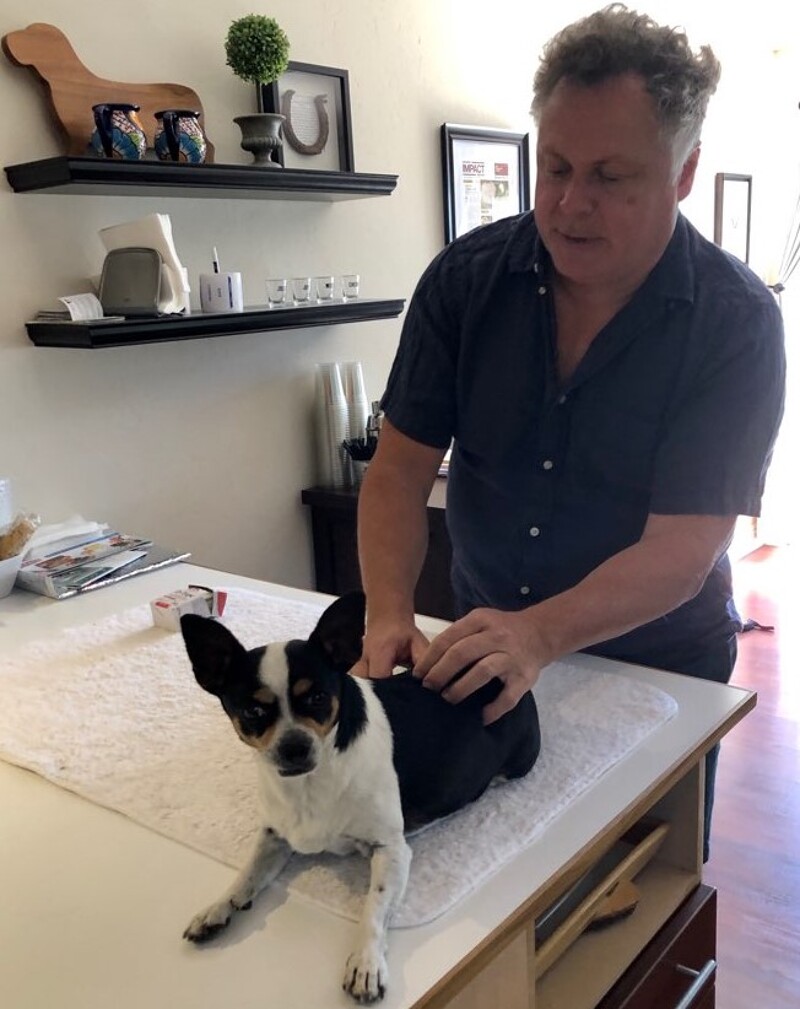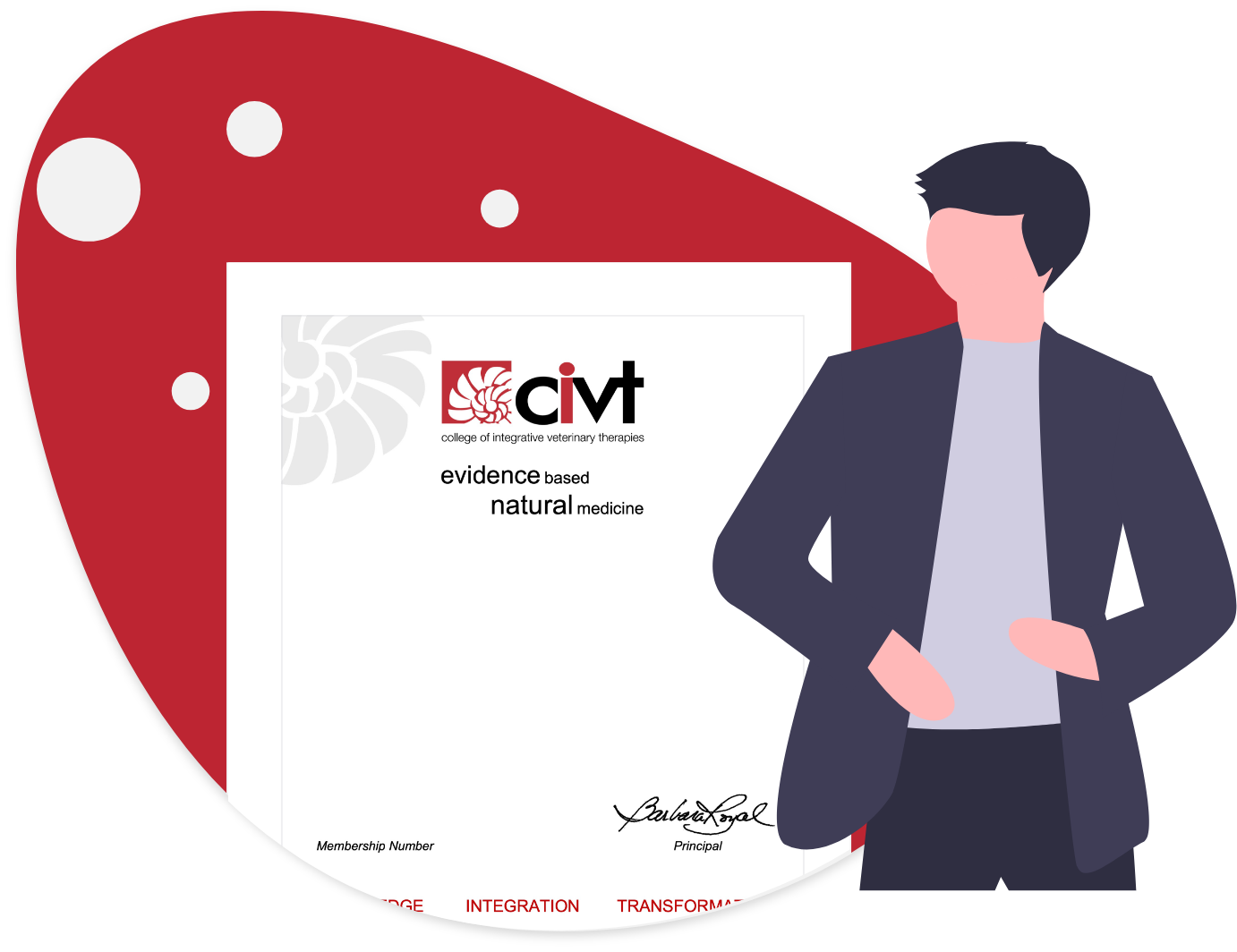Module 1 Chinese Medicine Overview and Demystifying the Metaphors
This module provides an in-depth approach to Chinese diagnosis methods of identifying patterns of clinical signs.
This is underpinning knowledge for the rest of the course.
This module teaches Chinese medical concepts including physiology, the etiology of disease, patterns of disharmony, methods of examination, principles and methods of treatment from a herbal medicine perspective.
Unit 1 Overview of Chinese Physiology and Pathology
- Topic 1 Introduction to Chinese herbal medicine
- Topic 2 Overview of Traditional Chinese Medicine
Unit 2 Chinese medical Pathology and Pathophysiology
- Topic 3 Chinese medicine physiology
- Topic 4 Chinese health paradigm and causes of disease
- Topic 5 Chinese medicine pathology
- Topic 6 Chinese medicine pathophysiology I
- Topic 7 Chinese medicine pathophysiology II
Unit 3 Making the Diagnosis: The four examinations
- Topic 8 Approach to Chinese medical Diagnosis
- Topic 9 Diagnostic methods I
- Topic 10 Diagnostic methods II
- Topic 11 Diagnostic methods III
- Topic 12 Diagnostic methods IV
- Topic 13 Diagnostic methods V
- Topic 14 Diagnostic methods VI
Unit 4 Needle First Diagnose Later
- Topic 15 Diagnostic methods VII
Module 2 Chinese Herbal Medicine Prescribing
This module focuses on herbal medicine pharmacology, pharmacognosy and how herbs are made, quality issues and safety issues.
This module teaches the properties of herbs and their correlation with function and focuses on the approach to prescribing herbs by correlating clinical diagnosis with formula actions. Herb drug interactions, adverse events and interpreting outcomes are part of case management. The biomedical basis of Chinese herbal medicine is emphasized and students will explore how products are made, quality issues, safety and the practice of Chinese herbal veterinary medicine that excludes animal products and endangered species.
Unit 5 Assessing the Energetics of Herbs
- Topic 1 Assessing the properties of herbs I
- Topic 2 Assessing the properties of herbs II
Unit 6 The Art of Prescribing herbs
- Topic 3 The clinical approach
- Topic 4 The art of prescribing herbs I
- Topic 5 The art of prescribing herbs II
- Topic 6 Herb-drug interactions and adverse events
Unit 7 Biomedical Basis of Chinese Herbal Medicine
- Topic 7 Biomedical basis of Chinese herbal medicine
Unit 8 Contemporary Issues in Veterinary Chinese Herbal Medicine
- Topic 8 Contemporary issues
- Topic 9 Practice dispensary I
- Topic 10 Practice dispensary II
Module 3 Gastrointestinal and Liver Conditions & Chinese Food Therapy
This module covers the pathophysiology of gastrointestinal disorders and liver conditions from a Chinese medicine perspective that can be integrated with Western pathophysiology.
Unit 9 Herbal Therapeutic Categories I
- Topic 1 Categories of the Materia Medica I
Unit 10 Strategies for gastrointestinal Disorders
- Topic 2 Chinese herbal treatment of gastrointestinal disorders
- Topic 3 Gastrointestinal Disorders Overview
- Topic 4 Protocols for GIT Disorders I
- Topic 5 Protocols for GIT Disorders II
- Topic 6 Review of Herbal Formulas for GIT Disorders I
- Topic 7 Review of Herbal Formulas for GIT Disorders II
Unit 11
- Topic 8 Chinese herbal treatment of liver disorders
- Topic 9 Liver Disorders
- Topic 10 Protocols for Liver Disorders
- Topic 11 Herbal formula Review for Liver Conditions
Unit 12 Chinese Food Therapy
- Topic 14 Chinese Food Therapy
Unit 13 Case Studies in Veterinary Chinese Herbal Medicine
- Topic 13 Case studies of GIT Disorders
- Topic 13 Case studies in Liver Conditions
Module 4 Neurology, Musculoskeletal Conditions and Behaviour
This module covers the pathophysiology of pain in musculoskeletal disease, paralysis, neurological conditions such as seizures and vestibular syndrome and behavioral conditions (such as aggression, anxiety and cognitive dysfunction) from a Chinese medicine perspective that can be integrated with Western pathophysiology.
Unit 14 Herbal Therapeutic Categories II
- Topic 1 Categories of the Materia Medica II
Unit 15 Strategies for Musculoskeletal Pain and Paralysis
- Topic 2 Chinese herbal treatment of pain and paralysis in small animals
- Topic 3 Pain Paralysis General
- Topic 4 Bi Syndrome Overview and treatment
- Topic 5 TCM Patterns for Pain and paralysis
- Topic 6 Protocols for Musculoskeletal Conditions
- Topic 7 Protocols for Musculoskeletal Conditions II
- Topic 8 Review of Herbal Formulas 1
- Topic 9 Review of Herbal Formulas II
Unit 16 Strategies for Neurological Conditions
- Topic 10 Chinese herbal treatment of neurological disorders
- Topic 11 Chinese neurology Overview
- Topic 12 Protocols for Neurological Disorders 1
- Topic 13 Protocols for Neurological Disorders II
- Topic 14 Review of Formulas for Neurological Conditions
Unit 17 Strategies for Behavioral Conditions
- Topic 15 Chinese herbal medicine for Behavioral disorders I
- Topic 16 Chinese herbal medicine for Behavioral disorders II
- Topic 17 Protocols for Behavioral conditions I
- Topic 18 Protocols for Behavioral conditions II
- Topic 19 Herbal Formulas for Behaviour Conditions
Unit 18 Case Studies in Veterinary Chinese Herbal Medicine
- Topic 20 Case studies for Musculoskeletal Disorders
- Topic 21 Case studies for Neurological Conditions
- Topic 22 Case studies for Behavioral Conditions
Module 5 Kidney, Urinary and Endocrine
This module covers the pathophysiology of renal and urinary tract disease and common endocrine disorders from a Chinese medicine perspective that can be integrated with Western pathophysiology.
Unit 19 Herbal Categories III
- Topic 1 Categories of the Materia Medica III
Unit 20 Strategies for Kidney and Urinary Tract Conditions
- Topic 2 Chinese medical treatment of small animal kidney disorders
- Topic 3 Chinese medical treatment of small animal bladder disorders
- Topic 4 Urogenital Disorders review pathophysiology
- Topic 5 Protocls for Urogenital Disorders I
- Topic 6 Protocols for Urogenital Disorders II
- Topic 7 Review of herbal Formulae
Unit 21 Strategies for Endocrine Conditions
- Topic 8 Chinese herbal treatment of common small animal endocrine disorders
- Topic 9 Protocols for Endocrine Disorders I
- Topic 10 Protocols for Endocrine Disorders II
Unit 22 Case Studies in veterinary Chinese Herbal Medicine
- Topic 11 Case Studies in Urinary & Kidney Disorders
- Topic 12 Case Studies in Endocrinology
Module 6 Respiratory, Cardiovascular Conditions & Dermatology
This module covers the pathophysiology of common cardio/respiratory conditions and skin conditions from a Chinese medicine perspective that can be integrated with Western pathophysiology.
Unit 23 Herbal Categories IV and V
- Topic 1 Categories of the Materia Medica IV
- Topic 2 Categories of the Materia Medica V
Unit 24 Strategies for Dermatological Conditions
- Topic 3 Chinese medical pathophysiology and herbal treatment of skin disease
- Topic 4 Chinese Dermatology Overview
- Topic 5 Approach to Skin Cases
- Topic 6 Protocols for Skin Disorders
- Topic 7 Protocols for Ear Disorders
- Topic 8 Review of Skin herbal Formulas
Unit 25 Strategies for Cardiac and Respiratory Conditions
- Topic 9 Chinese herbal treatment of cardio-respiratory disorders
- Topic 10 Cardiac Disorders General
- Topic 11 Protocols for Cardiovascular conditions
- Topic 12 Formulas for Heart Disease
- Topic 13 Respiratory Disorders General
- Topic 14 Protocols for Respiratory Disorders
- Topic 15 Formulas for Respiratory Disorders
Unit 26 Case Studies in veterinary Chinese Herbal Medicine
- Topic 16 Case studies in Dermatology
- Topic 17 Case studies in Cardiac and respiratory Conditions
Module 7 Oncology, Immune mediated Diseases and Ophthalmology
This module covers the pathophysiology of common autoimmune conditions, neoplastic and eye conditions from a Chinese medicine perspective that can be integrated with Western pathophysiology.
Unit 27 Herbal categories VI
- Topic 1 Categories of the Materia Medica VI
Unit 28 Autoimmune Conditions
- Topic 2 Chinese medical pathophysiology and treatment of autoimmune diseases
- Topic 3 Immune and Autoimmune Conditions Overview
- Topic 4 Protocols for Immune Disorders
- Topic 5 Protocols for Immune Disorders II
- Topic 6 Herbal Formulas review
Topic 29 Oncology
- Topic 7 Chinese herbal support and treatment of cancer
- Topic 8 Perspectives on Cancer
- Topic 9 Chinese Persepectives on Cancer
- Topic 10 Protocols for Cancer 1
- Topic 11 Protocols for cancer II
- Topic 12 Review of herbal formulas
Topic 30 Eye Disorders
- Topic 13 Chinese herbal treatment of common eye disorders
- Topic 14 Chinese Ophthalmology I
- Topic 15 Chinese Ophthalmology II
Unit 31 Case Studies in veterinary Chinese Herbal Medicine
- Topic 16 Case studies in autoimmune disease
- Topic 17 Case studies in Oncology
- Topic 18 Case Studies in ophthalmology
Module 8 Classic Formulas
This module covers the main Chinese Classic Formulas discussed throughout the course with a focus on biomedical actions and diversity of utility and their mainstream Western clinical applications.
- Topic 1 Formulas I
- Topic 2 Formulas II
- Topic 3 Formulas III
- Topic 4 Formulas IV
- Topic 5 Formulas V
- Topic 6 Formulas VI
- Topic 7 Formula Tables I
- Topic 8 Formula Tables II





























